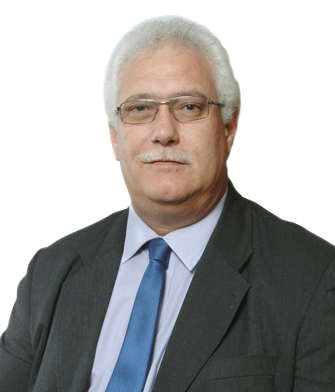

will place NWU in the top three

Prof Awie Kotzé is the executive dean of the Faculty of Health Sciences.
MEDICINE
School of
“A School of Medicine for the NWU will help to position the university as one of the top three universities in South Africa and it will aid tremendously in strengthening all the other faculties of the institution,” says Awie.
He blieves it will be a pivotal growth point for the NWU’s campus in Mahikeng in particular, as it will allow this campus to grow and expand more.
He says a School of Medicine will strengthen the clinical training platform of the faculty and enrich its clinical research programmes. “All existing programmes in the faculty will benefit from these additional training facilities. It will definitely open up new avenues for further new professional degrees.”
A unique School of Medicine
Awie explains that the school will follow a decentralised training approach as it will put students into communities. “This will aid in serving the specific needs of the South African healthcare environment.
“We will train medical practitioners who are relevant to the South African context in a programme of the highest quality and standards.”
He says the proposed model relies strongly on human capacity and on novel technological and clinical approaches.
The Faculty of Health Sciences is geared to make the School of Medicine a reality, as they already have most of the resources, infrastructure and equipment to start the school. “Ten decentralised sites at district and regional hospitals will be involved in the training programme, greatly strengthening the existing capacity of the faculty.”
The task ahead…
Awie says the current major task is to get as many national stakeholders as possible on board, from both the private and public sectors. “We will also promote the school internationally and are busy identifying international stakeholders.”
If all of this falls into place and the NWU receives the go-ahead, the university may soon be the preferred training institution for those who want to make a contribution in the medical field.
